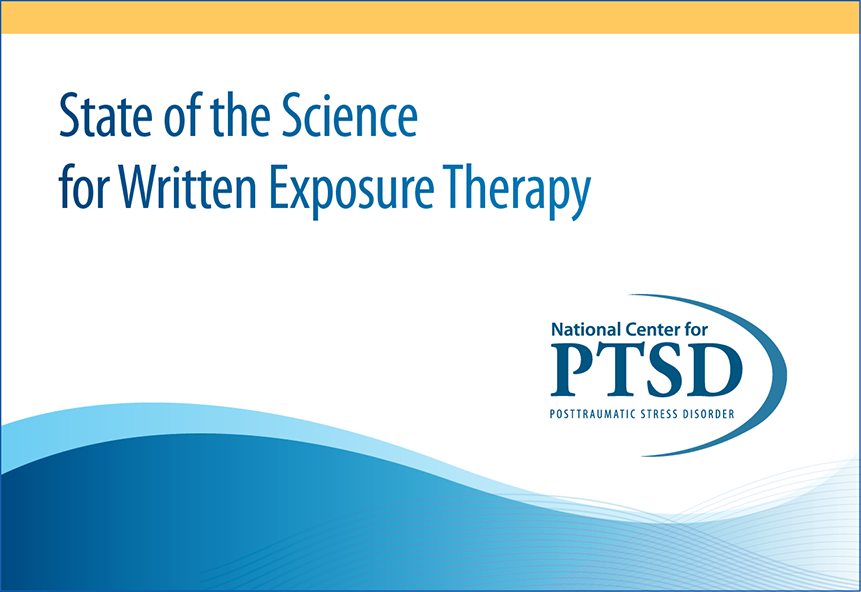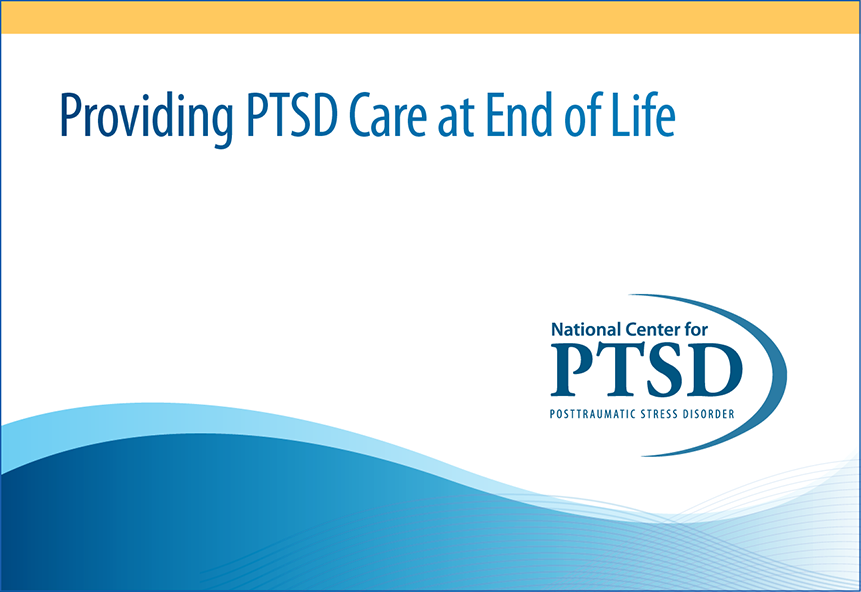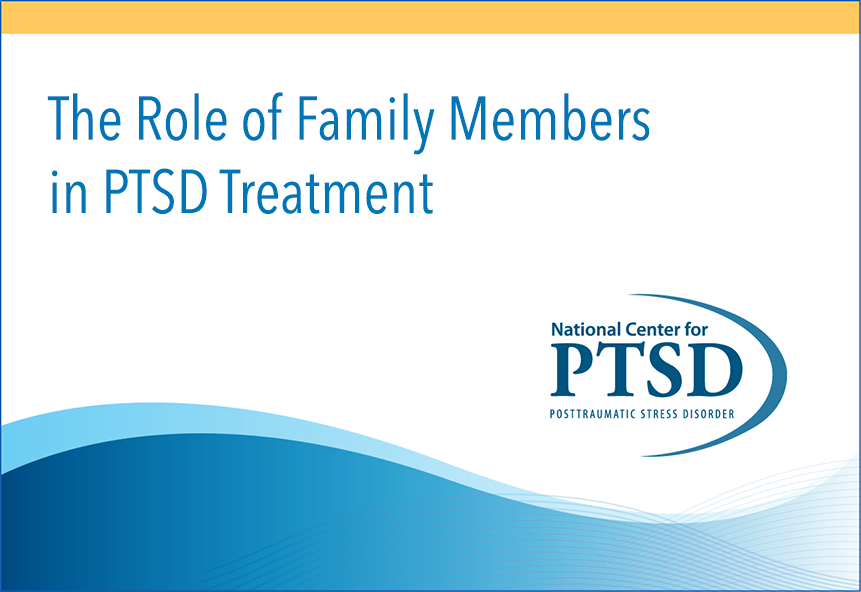Continuing Education
Continuing Education
This section brings together free in-depth Continuing Education resources for the Professional community concerned with trauma.
State of the Science for Written Exposure Therapy

- Date Created: 02/ 6/2025
- Time to Complete: 1 hour
- Credits: ANCC, APA, ASWB, ACCME, NBCC, Other Orgs
- Skill Level: Intermediate
- Course Series: PTSD 101, PTSD Consultation Lecture Series
Written Exposure Therapy (WET) is a manualized trauma-focused evidence-based psychotherapy for PTSD. WET was developed as a brief, more tolerable treatment that is easily trained and disseminated to clinicians who work with PTSD patients. Due to its brevity (5 sessions) and flexibility, it can be used in a variety of clinical settings.
This online course provides information about the development of WET, the evidence showing its effectiveness, and how to implement the treatment in clinical practice.
View Course Details »Providing PTSD Care at End of Life

- Date Created: 02/ 6/2025
- Time to Complete: 1 hour
- Credits: ANCC, APA, ASWB, ACCME, NBCC, Other Orgs
- Skill Level: Intermediate
- Course Series: PTSD 101, PTSD Consultation Lecture Series
End-of-life care, often delivered in palliative or hospice settings, helps patients have a death that involves minimal pain and suffering as well as optimal emotional well-being and quality of life. For patients with pre-existing PTSD, chronic symptoms, or a flare of symptoms during EOL can complicate the dying process for patients and their loved ones.
This online course for interprofessional health care teams will help clinicians working with patients at EOL to think through how PTSD may present at end of life, and how they may assess for and help patients address PTSD in this unique context.
View Course Details »PTSD Assessment: Frequently Asked Questions

- Date Created: 01/ 6/2025
- Time to Complete: 1 hour
- Credits: ANCC, APA, ASWB, ACCME, NBCC, Other Orgs
- Skill Level: Intermediate
- Course Series: PTSD 101, PTSD Consultation Lecture Series
Accurate and comprehensive assessment of PTSD is essential to understand a patient's clinical presentation and to support evidence-based treatment. Information in this course stems from VA's PTSD Consultation Program requests.
This online course reviews frequently asked questions related to PTSD assessment and diagnosis. Topics include Criterion A trauma, PTSD symptoms, measurement tools, providing empathic feedback on assessments, and common patient presentations. Research, literature, and resources associated with PTSD assessment are reviewed.
View Course Details »Treating PTSD in Primary Care

- Date Created: 01/ 6/2025
- Time to Complete: 1 hour
- Credits: ANCC, APA, ASWB, ACCME, NBCC, Other Orgs
- Skill Level: Intermediate
- Course Series: PTSD 101, PTSD Consultation Lecture Series
PTSD commonly occurs among primary care patient. Research demonstrates that most primary care patients with PTSD do not receive adequate PTSD treatment. Evidence-based screenings and treatments for PTSD are appropriate for the primary care setting.
This online course details screening methods and describes several brief treatments for PTSD, including their evidence base and implementations status. Strategies for shared decision-making on when to treat in primary care and when to refer to specialty mental health settings are discussed.
View Course Details »The Role of Family Members in PTSD Treatment

- Date Created: 05/23/2022
- Time to Complete: 1 hour
- Credits: ACCME, ANCC, NBCC, APA, ASWB, Other Orgs
- Skill Level: Intermediate
- Course Series: PTSD 101, PTSD Consultation Lecture Series
Including family members in a Veteran’s course of PTSD treatment may be beneficial. However, it is relatively rare for Veterans to have one or more family-inclusive sessions during their PTSD treatment.
This course provides information from the perspectives of Veterans, family members, and VA clinicians regarding family-inclusive care. The author discusses Veterans’ and family members’ goals for family-inclusive PTSD treatment. Providers’ views are also described, including discussion of commonly cited barriers. The course offers advice about how and when to discuss family involvement in care and outlines brief protocols that have been developed specifically for Veterans and their loved ones.
View Course Details »























